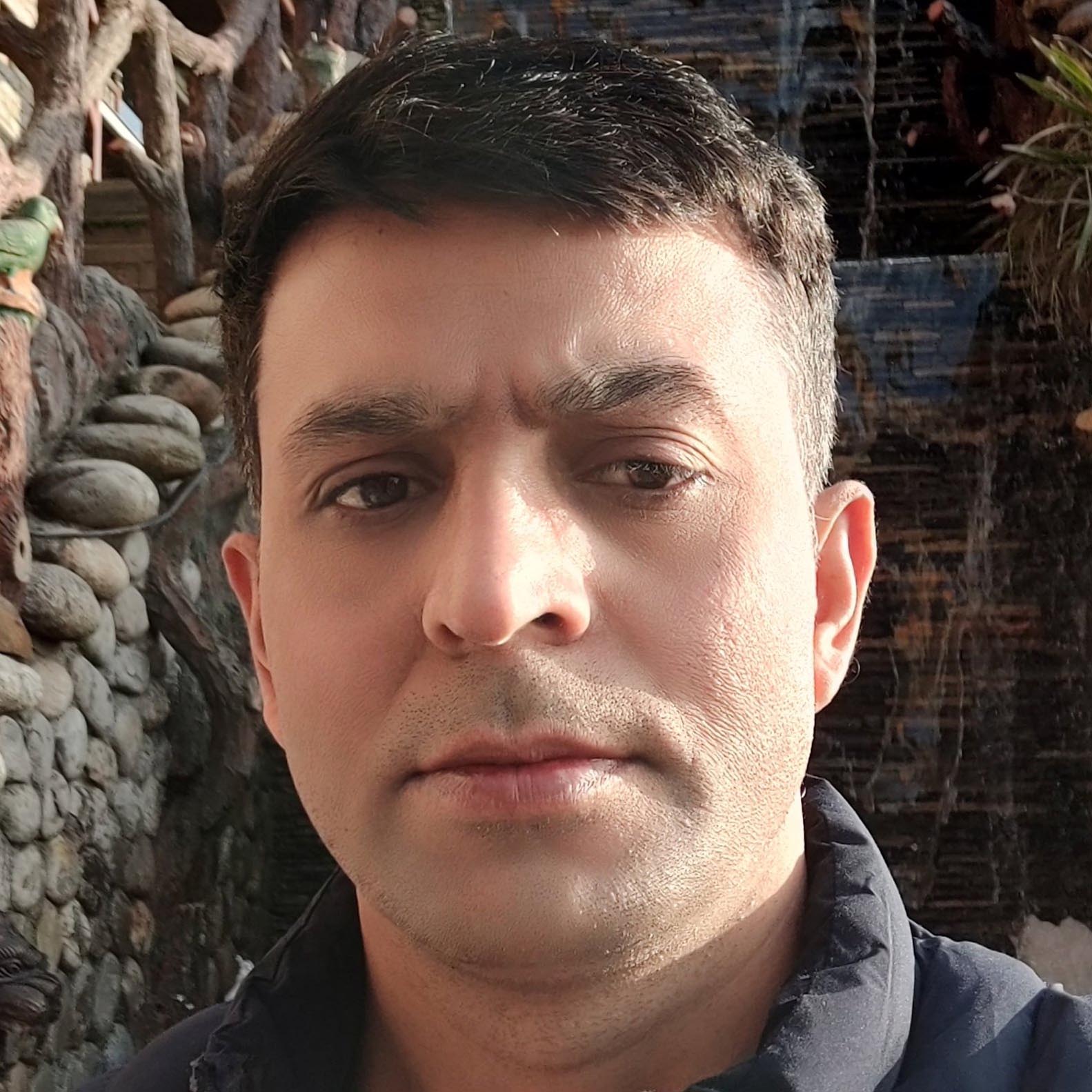National
Money laundering inquiry launched against former prime ministers, ex-minister
Deuba, Dahal, and Khadka investigated nearly two weeks after protesters set fire to their homes, with viral videos showing burnt cash fueling controversy.
Matrika Dahal & Daya Dudraj
The Department of Money Laundering Investigation has opened an inquiry against former prime ministers Sher Bahadur Deuba and Pushpa Kamal Dahal, along with immediate past energy minister Deepak Khadka, nearly two weeks after videos showing burnt banknotes at their residences went viral on social media.
On September 9, protesters vandalised and set fire to the residences of Nepali Congress President Deuba, CPN (Maoist Centre) chair Dahal, and Congress central member Khadka.
Videos circulated online showed people entering their houses, removing stacks of banknotes, and burning notes. In the days that followed, additional clips emerged showing individuals sifting through the debris.
Although the images circulated immediately, the government deployed police outside the burnt houses only after three days, limiting public access.
The department sent a team to Deuba and Khadka’s residences on September 21, and to Dahal’s Khumaltar home on September 23. Investigators collected fragments of burnt notes, ashes, and other evidence, sending samples to the National Forensic Science Laboratory in Khumaltar for analysis.
“Videos and images circulated on social media showed stacks of money at the leaders’ houses. After a preliminary review, we have initiated a formal investigation,” an official from the department said.
Deuba’s secretariat denied the allegations, calling the videos “fabricated, exaggerated, and circulated with malicious intent to defame” him.
Both former prime ministers are accused of protecting corruption during their tenures and amassing illegal wealth.
Deuba couple under scrutiny
Sher Bahadur Deuba has held public office since 1991, winning every parliamentary election from Dadeldhura. He served as home minister in 1991 and has been prime minister five times. His wife, Arzu Rana Deuba, has been a lawmaker three times through the Congress’s proportional representation system and served as foreign minister in the KP Sharma Oli-led government, which was toppled by Gen Z protests earlier this month.
Arzu Rana Deuba has been accused of corruption, including benefiting from public contracts; and transfers, promotions, and appointments in government agencies and other positions. Her name has also been linked to the fake Bhutanese refugee scam and irregularities in land deals in Tikapur. However, she is not formally investigated in any of these cases.
Allegations against Dahal
Maoist chief Dahal entered parliamentary politics after the 2006 political revolution and has led the government three times. His Maoist party has been in and out of government nearly a dozen times since.
During the Maoist insurgency, banks and financial institutions were looted, and gold and silver seized, with former party members later accusing the leadership of misappropriating them. After the peace process began in 2006, the party leadership was accused of embezzling billions of rupees distributed from the state coffers as government allowances meant for Maoist combatants. The Office of the Auditor General flagged the irregularities, which were later refused amid what critics described as political interference.
Dahal has also faced scrutiny for staying at the residence of controversial contractor Sharada Prasad Adhikari that was set ablaze on September 9.
Khadka’s financial irregularities questioned
As the energy, water resources, and irrigation minister in the Oli-led government, Deepak Khadka faced allegations of irregularities in awarding hydropower licences and contracts. He was also accused of facilitating financial transactions and misusing land belonging to Nepal Scouts in Lainchaur. No effective investigations followed.
Delayed probe draws criticism
Interim Prime Minister Sushila Karki, in an address to the nation on Thursday, pledged to investigate corruption and hold the guilty accountable. She said, “The current government has already obtained clear information on past corruption within this short period. Necessary investigations will be carried out, and action against the guilty will move forward.”
During Oli’s premiership in 2018, the National Investigation Department was placed under the Prime Minister’s Office. On Thursday, it was returned to the Home Ministry, while the Department of Money Laundering Investigation and the Department of Revenue Investigation were restored under the Finance Ministry.
Former Deputy Inspector General of Police Hemant Malla said all issues, including corruption, money laundering, exploitation of state resources under policy decisions, and financial irregularities in transfers and promotions, should be investigated.
He said investigations into money laundering are less complex than other serious crimes and can be clarified by examining a person’s past and present circumstances. “What was the person’s real financial status before, and what is it now? The investigation should focus on this gap. If there has been a drastic change in lifestyle or financial status during this period, the legal source of that change must be investigated,” he said.
Former Additional Inspector General of Police (AIG) Surendra Bahadur Shah highlighted the delay in investigating videos showing large sums of cash at the homes of political leaders.
In an interview with Kantipur, Shah acknowledged delays, noting the department team reached the sites 12 days after the incidents. “Quick access to the crime scene is crucial to secure evidence. The initial chaotic environment and other factors likely contributed to the delay,” he said.
“The source of the assets must be investigated. The department will ascertain the facts, and the CIB can provide support if needed. Since this concerns unexplained wealth, it is primarily the department’s responsibility.”
He said investigators must examine burnt currency remnants, traces of cash, and videos. Digital forensic analysis can confirm the authenticity of footage, supporting potential court proceedings. Shah added that authorities could interrogate household members and relevant political figures to trace the origin of the funds. “Even if some evidence is lost, a sensitive and thorough investigation can still yield results,” he said.
Social media amplifies controversy
The controversy escalated after multiple videos went viral online. On September 10, a TikTok user named “sevandhi3” posted a clip showing burnt banknotes inside Deuba’s Budhanilkantha residence, with the caption: “Watch the destruction of money at corrupt Sher Bahadur’s house. Had this reached the poor, the country’s condition would have been different.”
Later that evening, another TikTok user, “nepali.fireflies”, shared a video titled “Cash found at Deuba’s residence,” showing half-burnt Rs1,000 and Rs500 notes. On September 11, “Viralvideohub 5” posted similar footage. The voiceover in one video said: “Brother, look at this—money, dollars. All this cash is burnt.” Fact-checks confirmed that these clips were not AI-generated.
Videos of banknotes flying into the air as the house burned were also circulated on September 9. One such video, uploaded by Facebook user Rijan Budhathoki at 12:39pm, showed money scattering from Khadka’s burning residence.
On September 12, a TikTok user posted a three-minute video titled “Cash at Prachanda’s house,” claiming money bundles were burnt in the fire. In the clip, one man is heard saying: “People here can’t pay rent, can’t eat, they are starving. But bundles of notes, Rs1,000 bills, are found at Prachanda’s house. This is unacceptable.”
Not all videos were authentic. Some misleading clips also spread. For instance, TikTok user “Gyanprakashkarki” posted a video on September 13 showing soaked notes, labelling them as “US dollars at Deuba’s house.” However, fact-checks revealed that the same video had gone viral as early as July 30, and its origin could not be verified.
Other viral clips claimed Deuba had built a bunker at his house to hide money, though no evidence supported this.




 17.12°C Kathmandu
17.12°C Kathmandu















